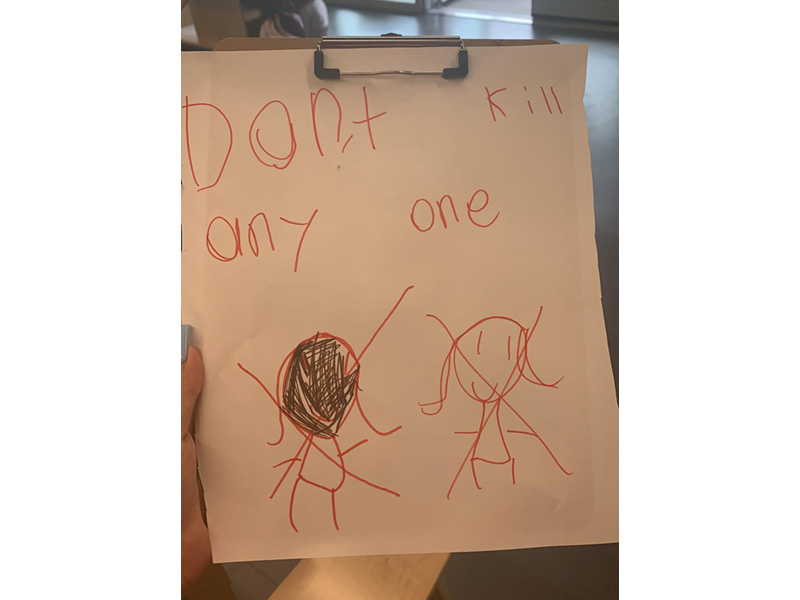
Emily was holding a multi-colour flower while riding the bike. As she was driving by, she told me that the flower was for George Floyd. Emily said she’s having a protest not to kill dark skin people." (Aaron, Village School Age Educator)
Children are active citizens of our society, constantly taking in the adult's behaviours and reflecting on them. They are capable of distinguishing "right" from "wrong" and ready to voice their opinion when they see injustice.
As educators, we may feel uncomfortable when "difficult" discussions that may involve race, gender or ability come up. But it is very important for us to remember that for us, schools are places of political and social discussions and we must challenge ourselves to get involved in these conversations.
Anti-bias education starts with our honest and sincere openness to the "other" and the realization that we cannot learn unless we start thinking globally, out of our bubbles and without limitations.
To help start or support these conversations, here is a list of anti-bias Early Childhood books for children:
